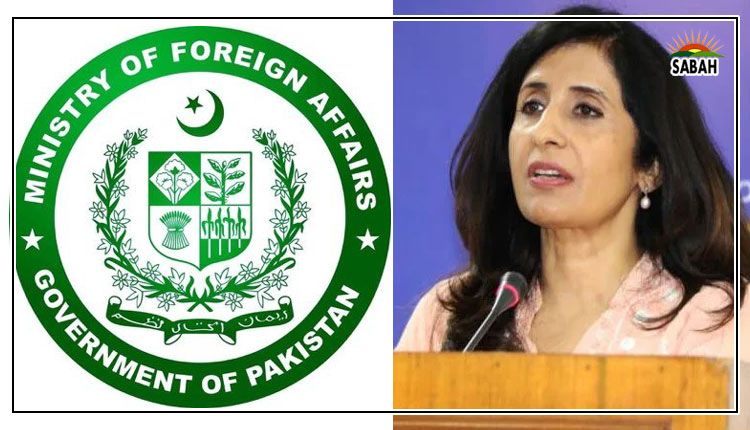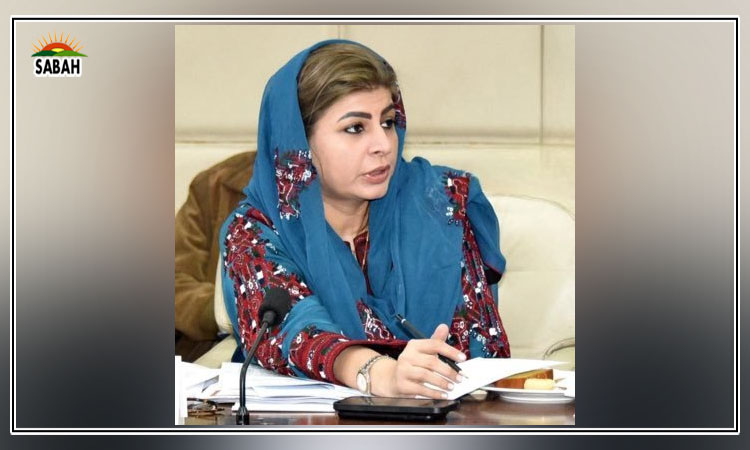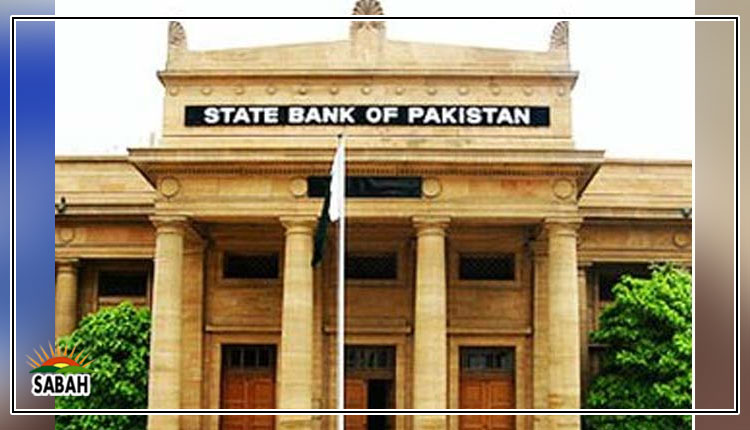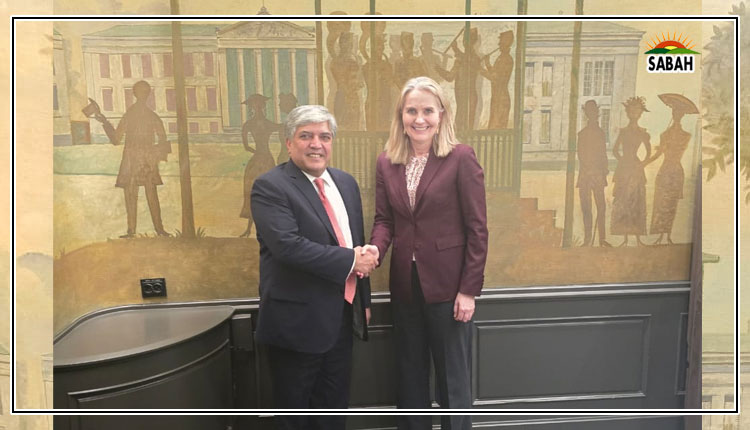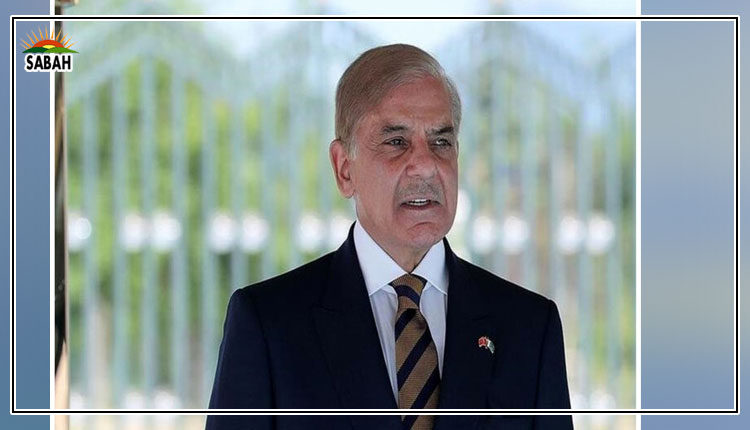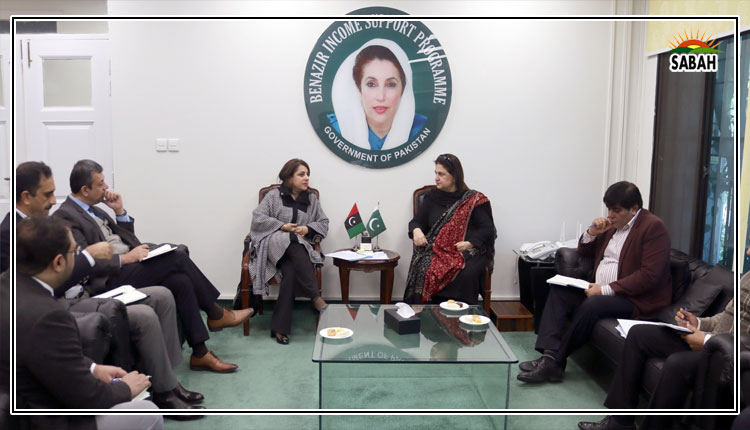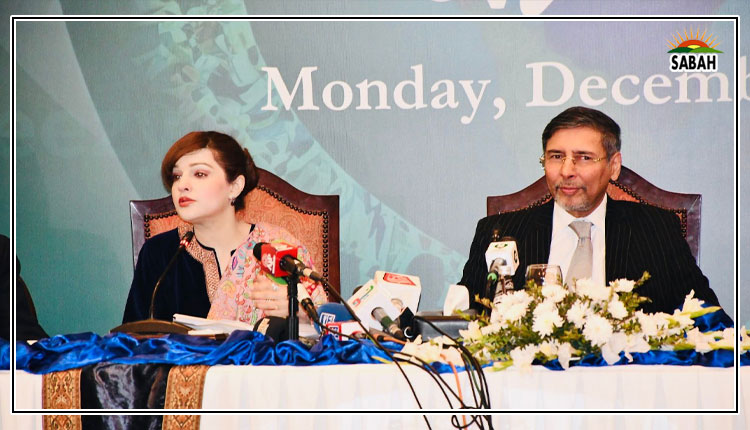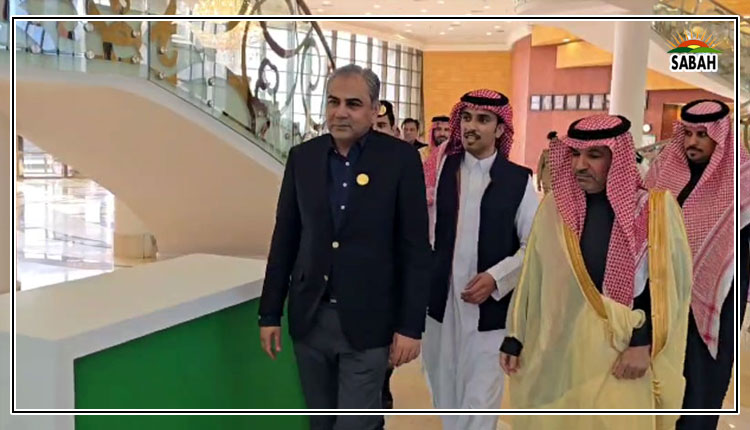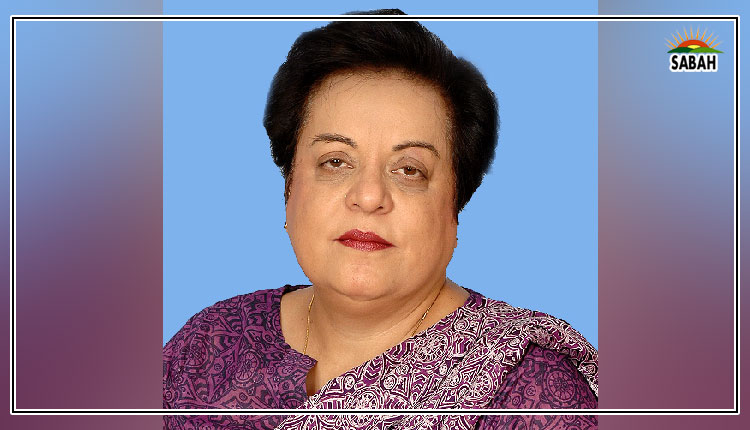Mushaal Mullick sounds alarm on RSS-led cultural war against Kashmiris
ISLAMABAD, Dec 16 (SABAH): Mushaal Hussein Mullick, wife of senior Hurriyat Leader Mohammad Yasin Malik, expressed her alarm that the Indian notorious government’s ongoing attempts to crush Kashmiri culture were a blatant manifestation of India’s culture war aimed at erasing the unique identity and heritage of the people of Indian Illegally Occupied Jammu and Kashmir (IIOJK).
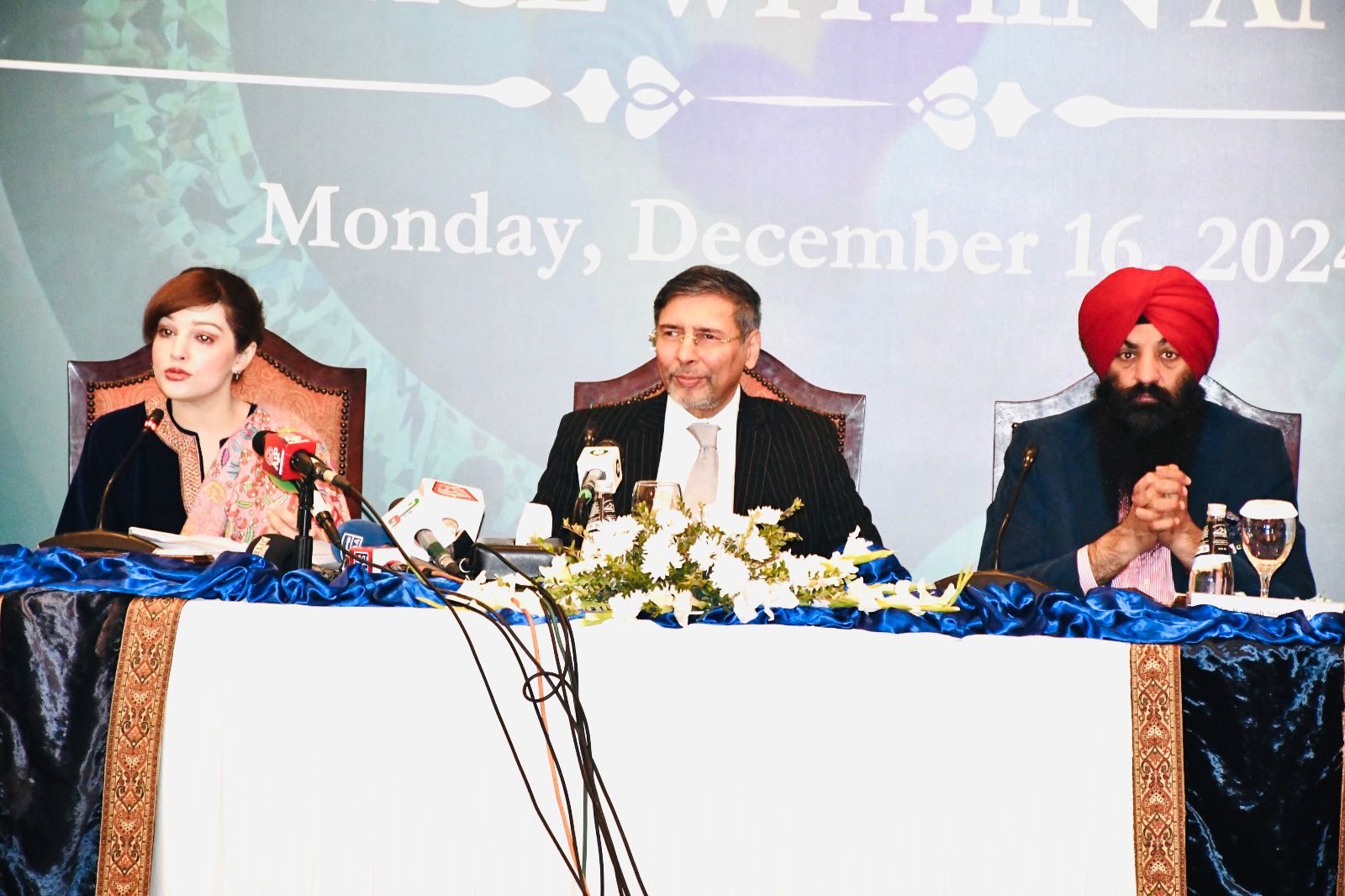
Addressing at an event organised by International Regional Studies (IRS) titled “Leveraging Pakistan’s cultural diversity to foster peace within and without” here on Monday, Mushaal Mullick stated that the assault on Kashmir’s cultural fabric was a stark reminder of the occupation’s relentless efforts to crush the spirit of the Kashmiri people.
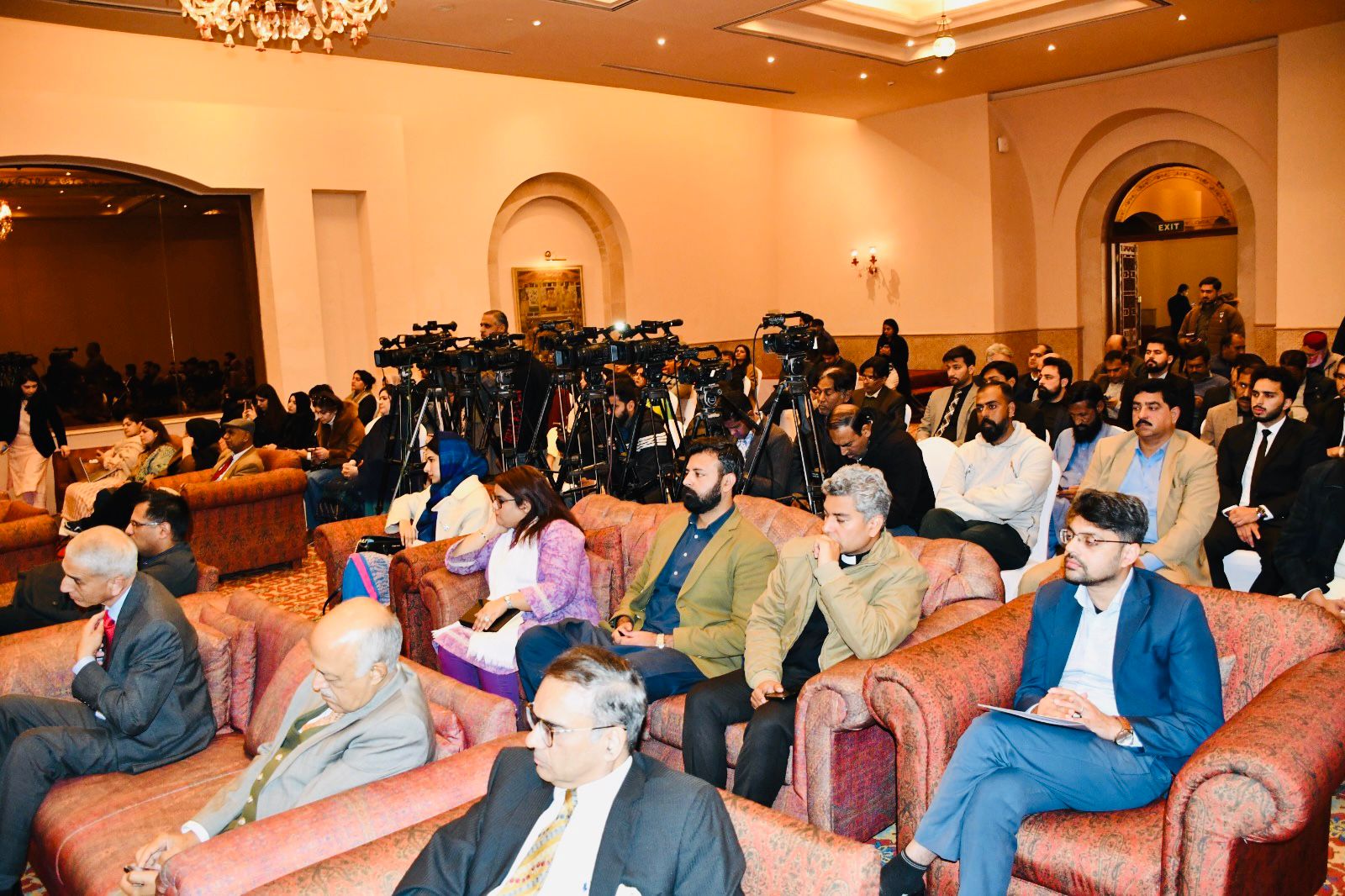
Chairperson of Peace and Culture Organisation urged the international community and UN bodies to take notice of the RSS-led cultural genocide of Kashmiris. She said that the RSS was hell-bent to impose a homogeneous Hindu culture on the diverse and pluralistic society of Kashmir, which was evident in their efforts to suppress Kashmiri art, literature and music.
Mushaal Mullick said that the Indian government was pursuing genocidal policy ruthlessly killing Kashmiris and erasing their culture identity; however, she vowed that Narendra Modi-led Hindutva regime would not succeed in their nefarious designs come what may. She stressed the need that Pakistan had rich cultural diversity and pluralistic heritage, which could be used as powerful tools to build bridges, heal divisions, conflict resolution and project a peaceful and inclusive image of Pakistan on the global stage. The Chairperson emphasized that they should elevate ourselves, individually and collectively, so that they could shape Pakistani’s destiny.
Mushaal Mullick emphasized that today, they were not merely celebrating the richness of their nation’s diversity but reimagining it as a source of strength. “This dialogue is not only timely but also essential as we navigate a world fraught with polarization and conflict, both within our borders and beyond,” she added.
As Pakistan celebrates its cultural diversity, Mushaal Mullick urged citizens to recognize that diversity is not a problem to be solved, but a gift to be cherished. She quoted Rumi, saying, “Don’t you know yet? It is your Light that lights the worlds.” Mushaal Mullick stated that Pakistan’s story has always been one of unity in diversity, with a history of cultural intersections that have shaped a pluralistic society. we can craft a future where Pakistan is not just a land of vibrant cultures but a beacon of peace, resilience and progress. She stressed that diversity was not limited to ethnicity or religion, but was intricately woven into Pakistan’s cultural practices, arts, and traditions.
The Hurriyat leader stated that Quaid-e-Azam Muhammad Ali Jinnah envisioned Pakistan as a place where every citizen, regardless of faith or background, would be free to live, worship, and thrive. Mushaal Mullick noted that in times of conflict, culture became a beacon of hope, a way to preserve identity and resist oppression, adding that Kashmir, with its rich cultural heritage, exemplified this spirit. “From its folk music to its cuisine and handicrafts, every artistic expression in Kashmir is a testament to resilience and a refusal to let identity be erased. As the saying goes, “Where words fail, art speaks,” she added. “The power of culture lies in its ability to transcend boundaries—political, social, and ideological,” she said, adding that just as Kashmiri art and traditions humanize their struggle to the world, so too does Pakistan’s broader cultural wealth convey a narrative of resilience and unity. She highlighted the importance of education, technology, and inclusive governance in promoting unity and celebrating diversity.
Mushaal Mullick urged the world to take notice of this cultural war and its implications for the people of Kashmir. She stated that the international community must urge India to respect Kashmir’s cultural autonomy and identity.


